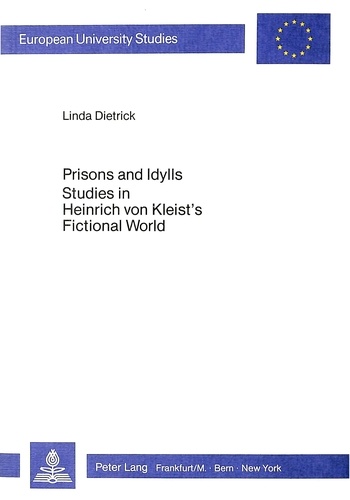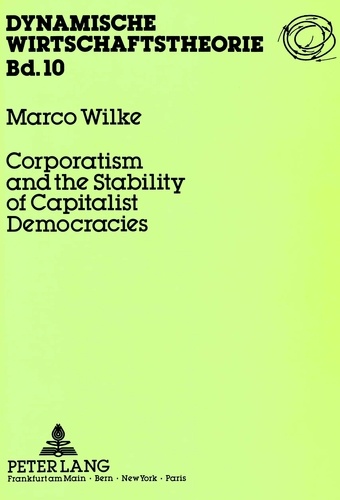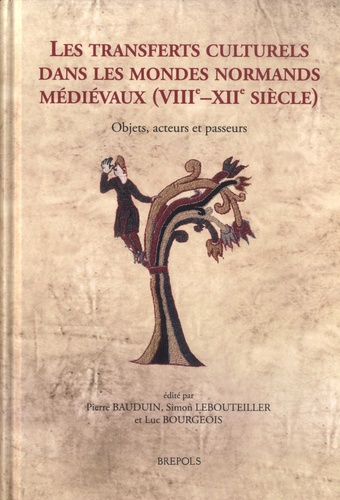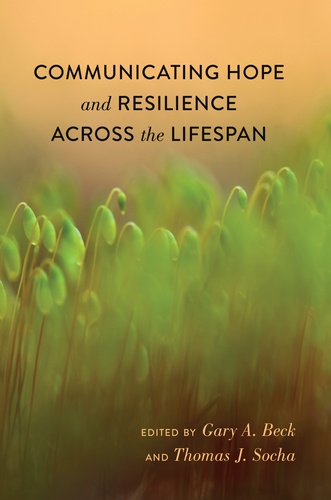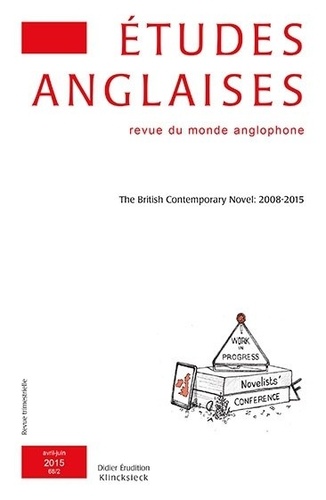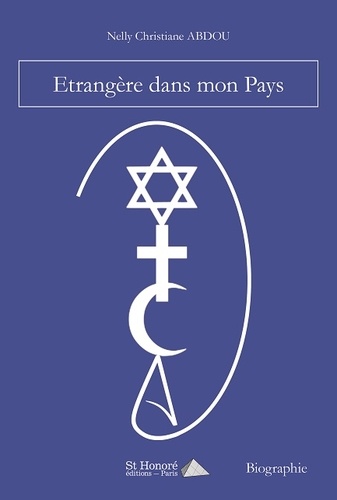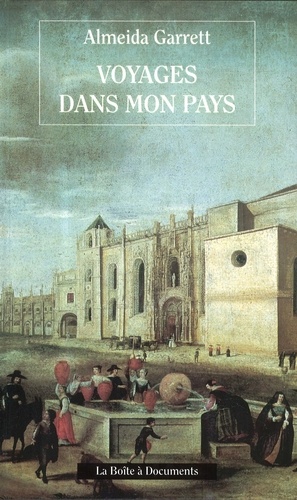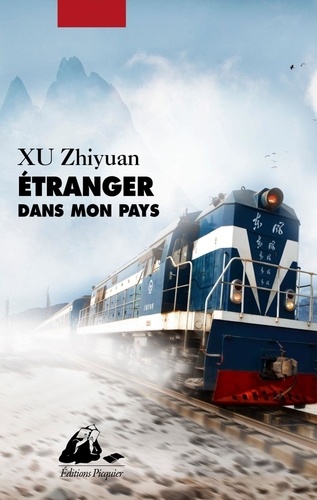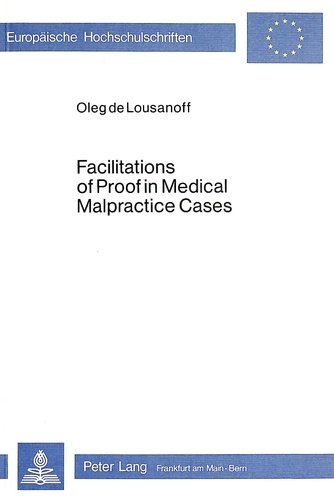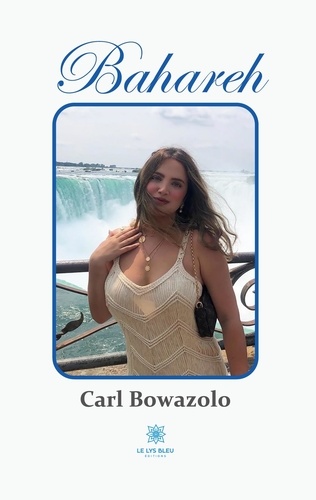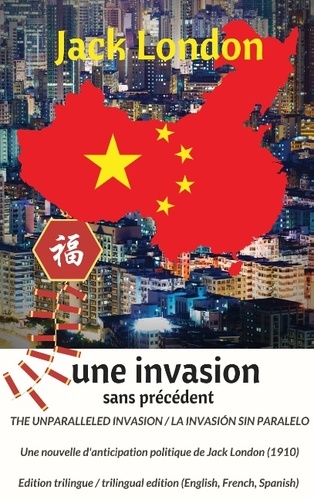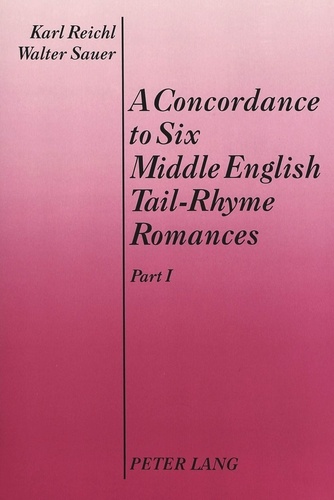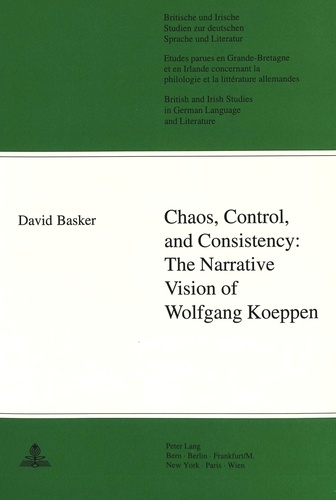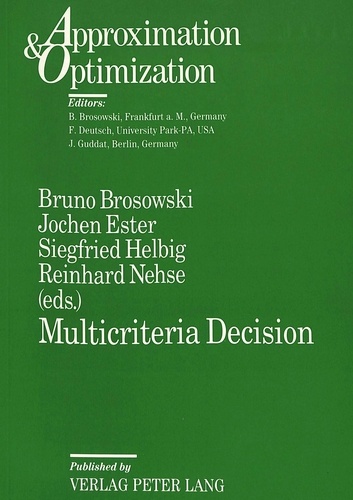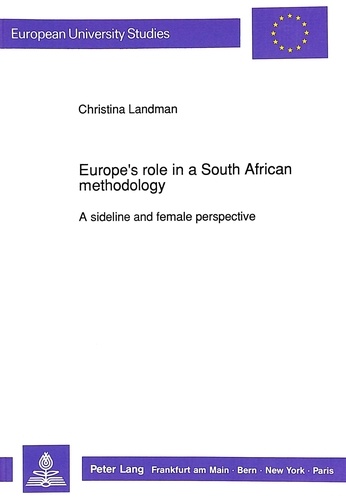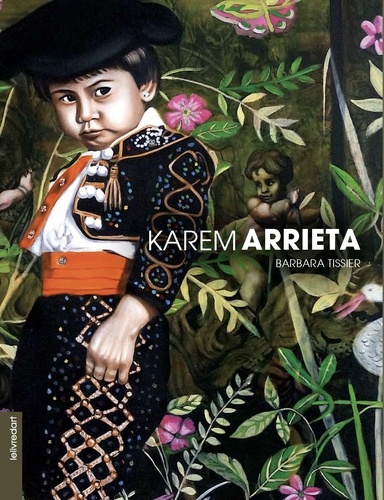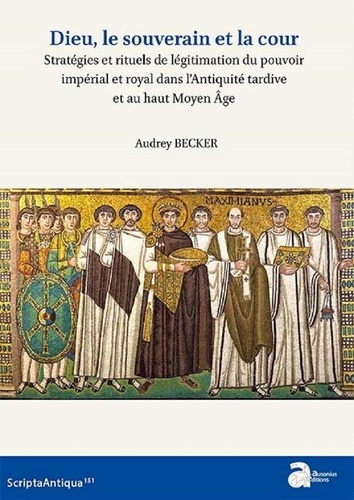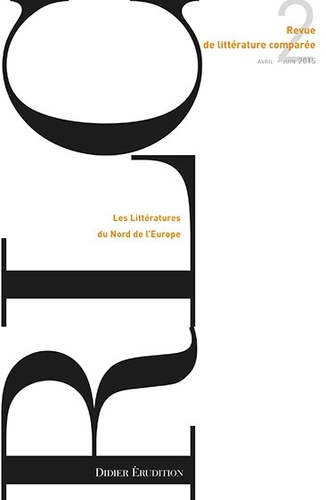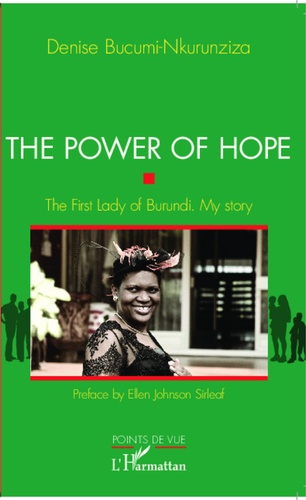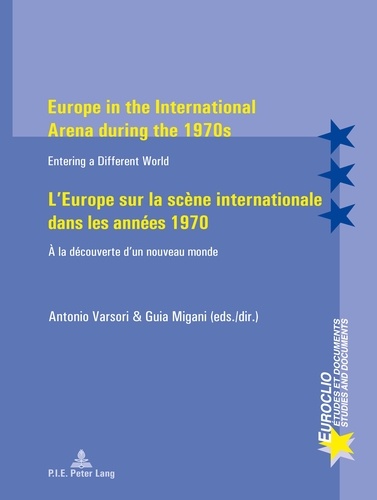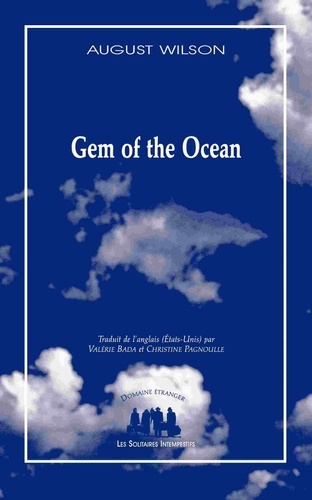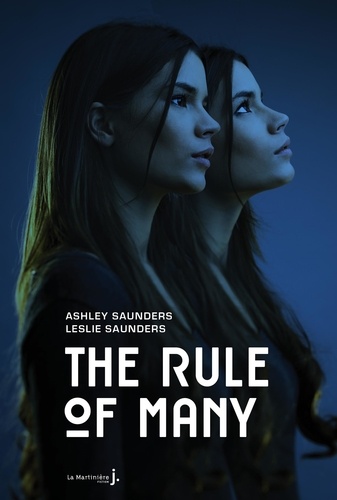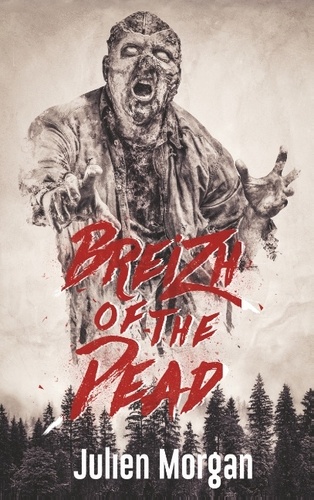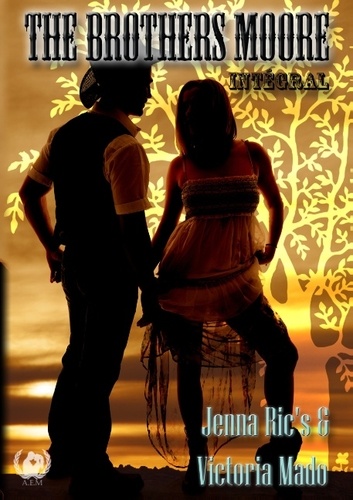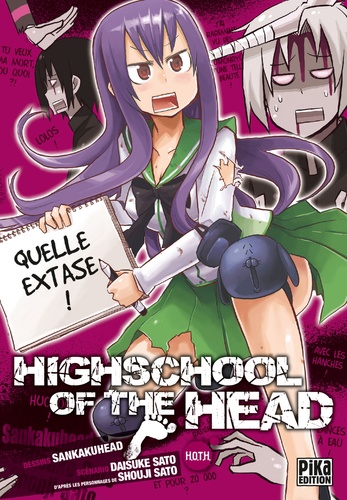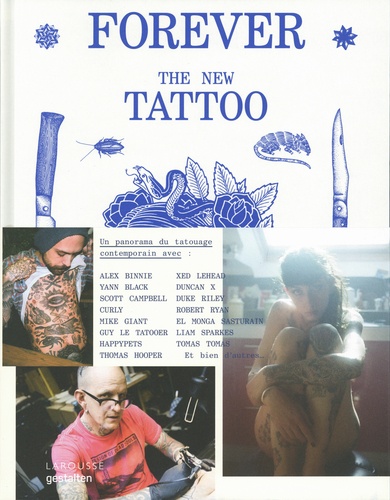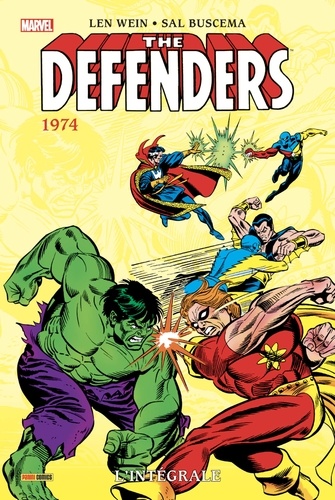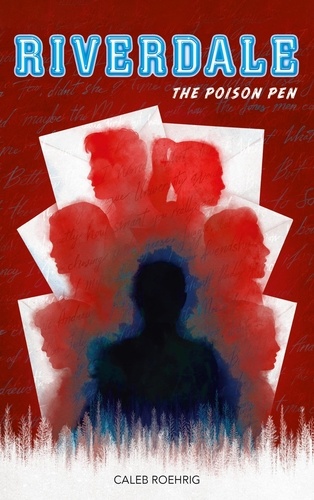Revue de littérature comparée N° 354, 2/2015 : Les Littératures du Nord de l'Europe
Sylvain BRIENS, La mondialisation du théâtre nordique à la fin du XIXe siècle. Le fonds Prozor de la Bibliothèque nordique de Paris lu au prisme de la sociologie de l'acteur-réseau, RLC LXXXIX, n° 2, avril-juin 2015, p. 137-150. Le fonds Prozor de la bibliothèque nordique de Paris témoigne de la percée du théâtre scandinave en France et en Europe à la fin du XIXe siècle. Par l'analyse du travail du traducteur Prozor, des porte-paroles et intermédiaires agissant comme médiateurs, des points de passage, cet article examine les mécanismes de diffusion internationale du théâtre nordique, il s'articule autour de trois acteursréseaux : Prozor dans sa fonction complexe d'agent littéraire ; Paris et ses chaines de traduction ; le réseau de théâtres libres dans sa fonction de diffusion mondiale du théâtre nordique. Thomas MOHNIKE, "Le Dieu Thor, la plus barbare d'entre les barbares divinités de la Vieille Germanie" . Quelques observations pour une théorie des formes narratives du savoir social en circulation culturelle, RLC LXXXIX, n° 2, avril-juin 2015, p. 151-164. En 1915, l'imprimerie d'Epinal, connue pour ses estampes amusantes, publia un résumé symbolique des événements de la première année de la Première Guerre mondiale. Sur cette gravure, le dieu norrois Thor est présenté comme le dieu du Kaiser allemand, détruisant des cathédrales gothiques et ainsi la civilisation. Thor symbolisait ainsi la nature prétendument barbare des Allemands. Cet article se propose de cartographier les chemins et opérations historiques qui conduisirent le dieu nordique Thor de l'Islande du XIIIe siècle en France du XXe siècle en le transformant en symbole de l'hostilité allemande. Des contextes importants sont l'Anneau de Nibelung de Richard Wagner et tout particulièrement la philologie comparée. Ces observations peuvent servir de point de départ pour une théorie des formes narratives du savoir social en circulation culturelle. Régis BOYER, Méditation sur Rosmersholm, RLC LXXXIX, n° 2, avril-juin 2015, p. 165-173. De l'avis de tous les connaisseurs, Rosmersholm (1886) est le chef-d'oeuvre d'Ibsen, même si ce n'est ni la plus connue ni la plus fréquemment jouée de ses pièces. On peut se demander pourquoi. Cette pièce, extrêmement difficile à jouer, est favorable à toutes les confusions ou erreurs d'interprétation possibles, pièce dont il est permis d'avancer qu'Ibsen n'est jamais allé aussi loin dans sa quête du tragique. Cet article cherche à élucider les modalités et les raisons d'un tel chef-d'oeuvre dans une perspective moderniste. Sans entrer dans la discussion sur le post-tragique, il s'agit de cerner ce qui fait en soi l'originalité moderne de cette étrange pièce. Corinne FRANCOIS-DENEVE, Anne Charlotte Leffler, dans l'ombre portée de Strindberg, RLC LXXXIX, n° 2, avril-juin 2015, p. 175-186. "Auteure" prolifique du "genombrott" suédois, "féministe" affichée, dont les pièces étaient davantage populaires que celles d'August Strindberg, Anne Charlotte Leffler a peu à peu disparu des anthologies de la littérature scandinave. En a-t-elle été chassée par des critiques phallocrates, comme ont pu le clamer les partisans des gender studies dans les années 1970 ? Son oeuvre était-elle trop datée ? La redécouverte récente de son théâtre, en Suède, puis en France, permet de recontextualiser cette "oubliée" qui a sans doute toujours des choses à dire. Harri VEIVO, Cosmopolite en crise. Décentrements de modernité et fractures de subjectivité dans les récits de voyage d'Olavi Paavolainen, RLC LXXXIX, n° 2, avril-juin 2015, p. 187-203. Dans les années 20 et 30, l'écrivain finlandais Olavi Paavolainen (1903-1964) s'est donné la tâche d'interroger et analyser la modernité dans toutes ses manifestations et dans tous les lieux où elle se fait ressentir. Ce projet l'amène à s'intéresser d'abord à la modernité jouissive et émancipatrice des années folles, ensuite à la montée du totalitarisme en Europe et, après ce tournant dysphorique, aux pays de l'Amérique latine, jugés capables de transcender les conflits européens. Les récits de voyage de Paavolainen produisent ainsi un décentrement de la modernité ; en même temps, ils expriment la crise de la subjectivité de l'auteur, fondée sur l'idéal européen du cosmopolitisme. Philippe CHARDIN, Un beau roman d'éducation estonien : Vérité et Justice d'Anton Tammsaare, RLC LXXXIX, n° 2, avril-juin 2015, p. 205-217. Le long chef-d'oeuvre de Tammsaare, écrit durant l'après-guerre et retraçant 50 ans d'histoire de l'Estonie, apparaît comme une synthèse extraordinairement originale de plusieurs genres européens différents parmi lesquels un roman rural dans sa première partie et un roman du Crime et du Châtiment, sorte de tragédie familiale du péché originel ; mais on remarque aussi de fortes analogies avec trois formes de romans d'éducation : un roman pédagogique tragi-comique à l'Ecole de M. Maurus, le roman d'une éducation sentimentale douloureuse et par-dessus tout un roman de la transformation d'un jeune homme qui vient de son village en intellectuel avec son ironie dévastatrice contre toutes les valeurs sociales et religieuses, sa "conscience malheureuse" et ses engagements à demi forcés dans la vie politique ou dans sa vie privée qui rappellent d'autres grands romans contemporains, de Musil, de Proust, de Thomas Mann et de Svevo. Frédérique TOUDOIRE-SURLAPIERRE, Phèdre et la Suède : un "décentrement de modèles" ?, RLC LXXXIX, n° 2, avril-juin 2015, p. 219-230. Cet article examine, à partir de la pièce de l'écrivain suédois, Per Olov Enquist, Till Fedra, les modalités et les enjeux de ce transfert culturel que constitue cette réécriture de la célèbre tragédie de Racine. Utilisant les ressources scientifiques de l'imagologie et de l'ethnocritique, cet article met en évidence les différentes opérations de ce que nous avons appelé un "décentrement de modèles" , par le biais de la déconstruction de la langue française, de l'oedipianisation du mythe, un transfert d'images et un déplacement de concepts. Mickaëlle CEDERGREN et Ylva LINDBERG, Vers un renouvellement du canon de la littérature francophone. Les enjeux de l'enseignement universitaire en Suède, RLC LXXXIX, n° 2, avril-juin 2015, p. 231-243. Même si la circulation de la littérature francophone est aujourd'hui en pleine expansion à travers le monde, sa diffusion et, par conséquent, sa place dans les circuits de canonisation, reste encore inégale. Cet article analyse la place octroyée aux lettres francophones dans l'enseignement universitaire du français langue étrangère en Suède. Proposant une réflexion sur le canon littéraire traditionnel et montrant la nécessité de reconsidérer sa valeur dans un contexte universitaire étranger, la Suède apparaît tantôt comme le pays promoteur de la haute-culture française tantôt comme le bastion des littératures francophones souvent contemporaines et/ou de la littérature couronnée de prix littéraires. Sylvain BRIENS, The globalization of Nordic Theatre. The Prozor collection at the Nordic library in Paris read through the Actor-network Theory, RLC LXXXIX (in French), no. 2, april-june 2015, p. 137-150. The Prozor collection at the Nordic library in Paris demonstrates the breakthrough of Scandinavian theatre in France and Europe at the end of the 19th Century. Through an analysis of Prozor's translations, the work of spokespeople and intermediaries acting as mediators, and points of passage this article will attempt to understand the mechanisms promoting Nordic theatre's international distribution. The study is centred on three actor-networks : Prozor in his complex function as literary agent ; Paris and its translation supply chains ; the network of free theatres in its role in the worldwide distribution of Nordic theatre. Thomas MOHNIKE, "The god Thor, the most barbarous of all barbarous gods of the Old Germany". Some observations for a theory of narrating forms of social knowledge in cultural circulation, RLC LXXXIX (in French), no. 2, apriljune 2015, p. 151-164. In 1915, the Epinal printing company, known for its often amusing illustrated one page prints, published a summary of the first year of the First World War, depicting the Old Norse God Thor as the god of the German Kaiser, destroying gothic cathedrals and thus civilization. Thor thus served as symbol for the supposedly barbarous nature of the Germans. In my article, I try to map some of the ways and historical operations that took the Old Norse god Thor from 13th century Iceland to 20th century France and transformed him to a symbol for German warfare. Major contexts appear to be Richard Wagner's Ring of the Nibelung and particularly comparative philology. These observations, I propose, could serve as a starting point for a theory of narrating forms of social knowledge in cultural circulation. Régis BOYER, Meditation on Rosmerholm, RLC LXXXIX (in French), no. 2, apriljune 2015, p. 165-173. In the opinion of all the experts, Rosmersholm (1886) is the masterpiece of Ibsen, even though it is neither the most famous nor the most frequently performed of his plays. One may wonder why. This piece, extremely difficult to play, supports all the confusions and errors of interpretation possible, and it is permitted to put forward that Ibsen never went as far in his tragedy quest. This article seeks to clarify how and why such a masterpiece in a modernist perspective. Without going into the discussion of the post-tragic, we try to identify what is in itself modern originality of this strange room. Corinne FRANCOIS-DENEVE, Anne Charlotte Leffler, the forgotten one, RLC LXXXIX (in French), no. 2, april-june 2015, p. 175-186. A prolific female writer belonging to the Swedish "genombrott" movement and a staunch feminist, Anne Charlotte Leffler, whose plays were even more successful than Strindberg's, slowly disappeared from Scandinavian literature anthologies. Did male critics expel her from them, as researchers in "gender studies" began to claim in the 1970s ? Or was it that her works were thought to be too old-fashioned ? Her theatre has been recently re-discovered, in Sweden as well as in France : it is high time to put again into perspective this "forgotten one" , who has still many things to say. Harri VEIVO, Cosmopolite in Crisis. Decentring Modernity and Fracturing Subjectivity in Olavi Paavolainen's Travelogues, RLC LXXXIX (in French), no. 2, april-june 2015, p. 187-203. In the 1920s and 30s, the Finnish writer Olavi Paavolainen (1903-1964) took up the task of exploring and analysing modernity in all its manifestations and in all the places where it was felt. This project focalised first on the emancipatory and joyful modernity of the années folles, then on the rising of totalitarism in Europe and, after this dysphoric turn, on Latin America, considered capable of transcending the European conflicts. Paavolainen's travelogues produce thus a decentring of modernity, while leading at the same to the crisis of the author's subjectivity, based on the European ideal of cosmopolitism. Philippe CHARDIN, Truth and Justice, a beautiful Estonian novel of education, RLC LXXXIX (in French), no. 2, april-june 2015, p. 205-217. Tammsaare's long masterpiece, written after the first world war and retracing 50 years of Estonian history, is an extraordinary and original synthesis of several different literary European genres among which in its first part a "Rural Novel" and also a novel of "Crime and Punishment", a kind of Tragedy of Original Sin in a family but there is also a strong analogy between Taamsaare's Justice and Truth and three kinds of Educational Novels : a tragi-comical pedagogical novel in Mr Maurus's College, a painful sentimental apprenticeship and above all the novel of a young man coming from his village who becomes an "Intellectual" with his devastating irony against all social and religious values, his "Unhappy Consciousness" and his half forced bad commitments in political or private life which recall other great contemporary novels by Musil, Proust, Thomas Mann, Svevo. Frédérique TOUDOIRE-SURLAPIERRE, Phaedra and Sweden : a "shift model" ?, RLC LXXXIX (in French), no. 2, april-june 2015, p. 219-230. This paper examines, from the part of the Swedish writer Per Olov Enquist, Till Fedra, terms and issues of this cultural transfer : the rewriting of the famous tragedy of Racine. Using scientific resources of imagology and ethnocritic, this paper shows the various operations of what we called a "shift model" through the deconstruction of the French language, the oedipalization of the myth, the image transfer and the movement concepts. Mickaëlle CEDERGREN - Ylva LINDBERG, Towards a renewal of the Francophone literary canon. The role of higher education in Sweden, RLC LXXXIX (in French), no. 2, april-june 2015, p. 231-243. Even though francophone literature is expanding its territory throughout the world, its status remains ambiguous on the global field and in canonization processes. The analysis is focusing on a re-evaluation of the literary canon in the academic context abroad. Various didactic demands are revealed as essential criteria for a selection divergent from the traditional canon. It is also found that Swedish universities promote both French high-status literature, extra-occidental francophone literature and prize-winning literature, which is often commercial.
09/2015
